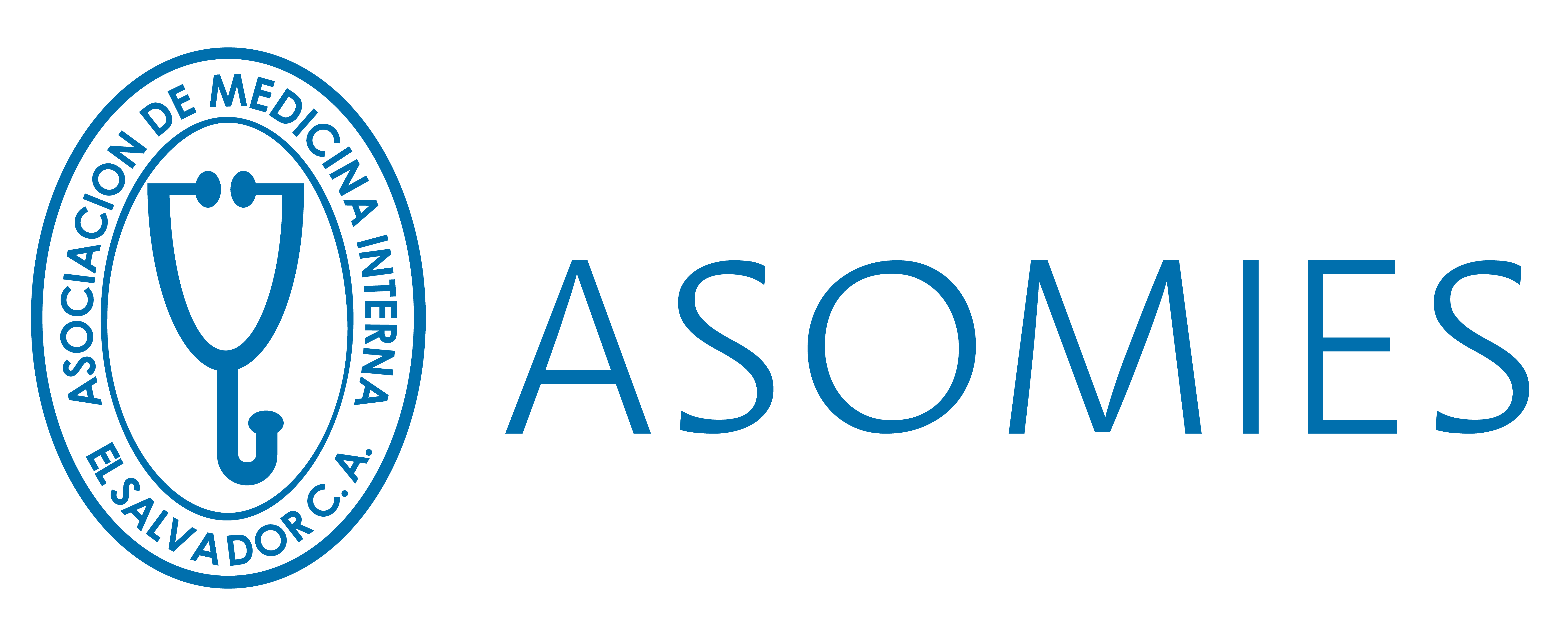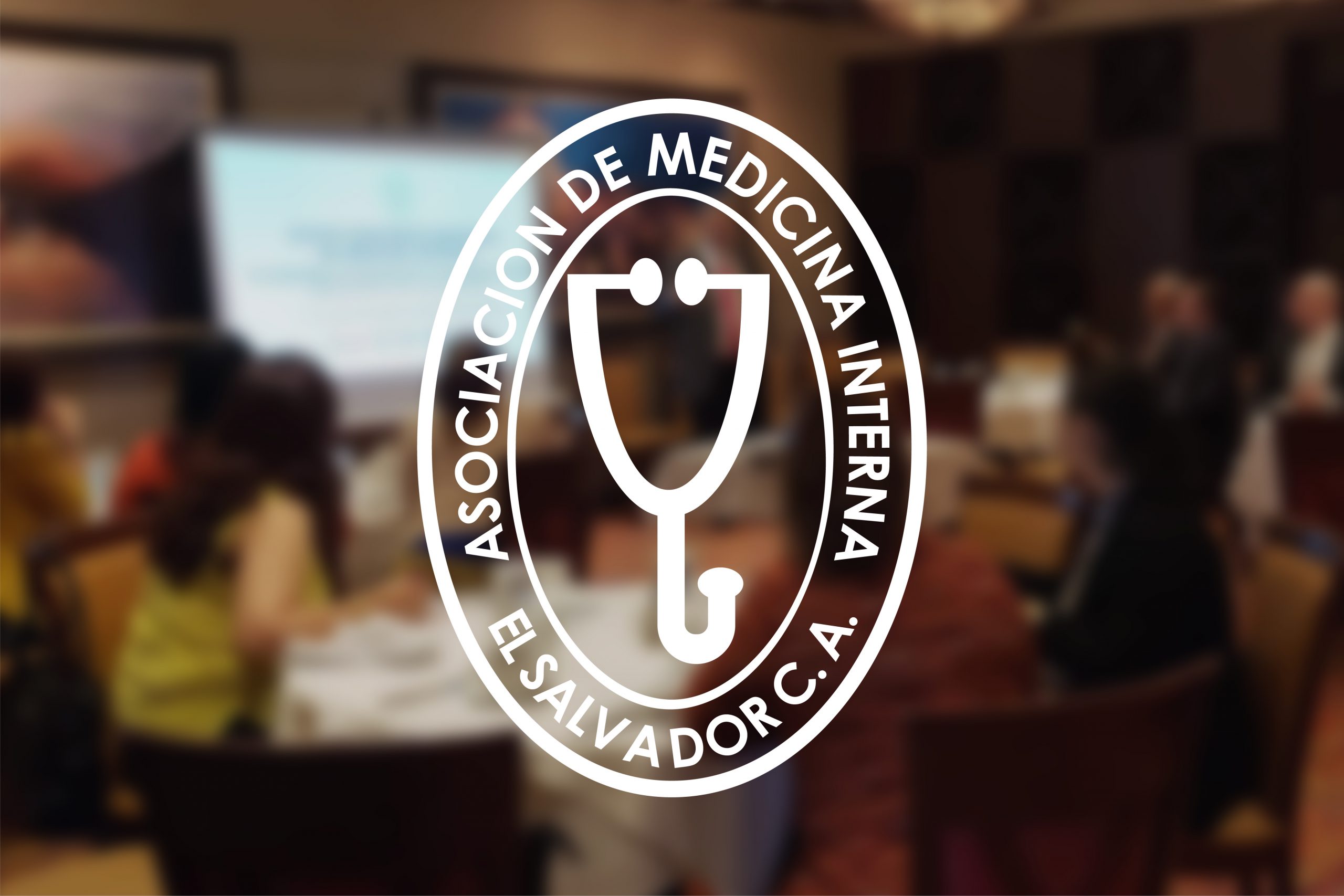noviembre 3, 2018
Information sourced from NEJM Journal Watch:
Injection of 5% Dextrose for Treatment of Carpal Tunnel Syndrome
Dextrose injections were superior to steroid injections in a randomized trial.
Idiopathic carpal tunnel syndrome (CTS) is frequently associated with pathological changes in the carpal tunnel subsynovial connective tissue. It can be treated with nonsurgical methods (analgesics, wrist splints, corticosteroid injection, and physiotherapy) or surgical techniques. Injection of 5% dextrose (D5W) has shown benefits for this condition and has been shown to be a safe procedure. To test whether perineural injection of D5W is more effective than corticosteroids for CTS with respect to pain and disability, researchers screened 60 patients diagnosed with CTS and randomized 54 of them (total of 60 wrists) to receive dextrose or steroid injections (27 per group). The patients received one perineural injection with 5 cc of D5W or 3 cc of triamcinolone acetonide. The injection was guided with ultrasound.
The two treatment groups showed no significant differences in visual analog scale changes at 1 and 3 months of follow-up (74% and 85% of dextrose recipients, respectively, vs. 81% and 70% of steroid recipients). However, the global results at 6 months showed improvement in 88% of dextrose recipients versus 37% of steroid recipients, a significant difference.
COMMENT
In this study, the treatment of CTS with an ultrasound-guided perineural injection with D5W, a novel intervention, was superior to injection with steroids. However, additional studies would help to further support the results of this study.
Jaime Toro, MD reviewing Wu YT et al. Ann Neurol 2018 Sep 5
Note to readers: At the time we reviewed this paper, its publisher noted that it was not in final form and that subsequent changes might be made.
CITATION(S):
Wu YT et al. Randomized double-blinded clinical trial of 5% dextrose versus triamcinolone injection for carpal tunnel syndrome patients. Ann Neurol 2018 Sep 5; [e-pub].
[PubMed® abstract]
NEJM Journal Watch is produced by NEJM Group, a division of the Massachusetts Medical Society. Copyright ©2018 Massachusetts Medical Society. All rights reserved.
The above message comes from NEJM Journal Watch, who is solely responsible for its content.
You have received this email because you requested follow-up information to an Epocrates DocAlert® message. For more information about Epocrates, please click here.
For questions, feedback, or suggestions regarding Epocrates DocAlert® messages, please contact the Medical Information Team at docalert@epocrates.com
Publicado en actualizaciones, Medinoticias, Neurologia, Perlas Médicas |


